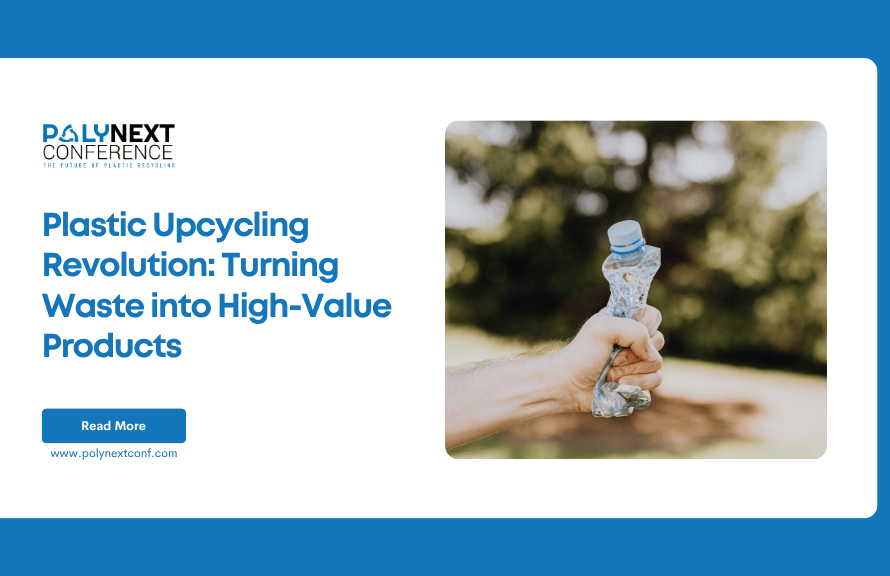Explore the latest trends in pyrolysis, enzymatic recycling, and smart machines that are shaping a cleaner future.
Plastic pollution is one of the world’s biggest challenges—but 2025 brings fresh hope with smart innovations in recycling. From high-tech machines to nature-based solutions, the latest trends are making plastic waste easier to recycle, more valuable, and even good for the planet. Here are 8 game-changing innovations redefining plastic recycling in 2025.
1. Pyrolysis: Turning Plastic into Fuel
Pyrolysis is a method where plastic is heated in the absence of oxygen to turn it into oil, gas, and carbon ash. It’s perfect for plastics that are hard to recycle.Dutch startup Pyrolyze has built a small, portable pyrolysis plant that fits on wheels! It can turn mixed plastics or even used motor oil into diesel and other fuels within just 5 hours.
Indian startup Waste Chakra offers a decentralized pyrolysis machine that even runs on solar power. It can recycle just 1 kg of plastic at a time—perfect for small businesses and villages.
2. Innovative Depolymerization: Breaking Plastics Down to Basics
Depolymerization means breaking plastics into their original building blocks (monomers). These monomers can then be reused to make new plastics.Scindo, a startup from the UK, uses special enzymes to do this. Their biological platform breaks down tough plastic waste, making it easier to recycle and giving it new life as raw material for future products.
3. Advanced Mechanical Recycling
Mechanical recycling—shredding, washing, and remolding plastic—is evolving. In 2025, it’s no longer just about brute force but precision and quality. New-generation machines now come with built-in AI sensors and robotic arms that sort plastics by grade, color, and resin type, drastically reducing contamination.
Companies like AMP Robotics are setting the standard, using AI vision systems to identify and separate plastics with near-human accuracy.
4. Automated Recycling
Fully automated recycling facilities are emerging globally. These plants use machine learning, conveyor-mounted cameras, and robotic sorters to classify and process plastic waste 24/7.
For example, ZenRobotics in Finland has developed AI-powered robots that can sort up to 4,000 items per hour, increasing throughput and reducing labor dependency. This helps tackle massive urban waste volumes with fewer errors.
5. High-Grade Recyclates: From Trash to Premium
Recyclates are products made from recycled plastics. In 2025, the focus has shifted toward producing premium-grade recyclates—materials pure enough to be reused in food-grade packaging, automotive parts, and medical products.
Leading players like Veolia and Borealis are investing in upgraded filtration, odor-removal, and extrusion technologies that help transform post-consumer plastic into near-virgin quality.
6. Advanced Gasification: Cleaner Energy from Waste
Gasification heats plastic waste in a low-oxygen environment to create syngas—a synthetic gas rich in hydrogen and carbon monoxide. These syngas can power turbines, fuel industries, or be converted into biofuels and ammonia.
Innovators like Brightmark and Synova are now using this technology at scale to process previously unrecyclable plastic waste like multilayer films or contaminated packaging.
Plastic Traceability: Every Step Counts
Tracking plastic like a courier package? That’s the goal of digital traceability systems. With tools like blockchain, QR codes, and IoT-enabled tags, companies can monitor plastic from production to post-use.
This ensures transparency and boosts accountability. Brands like Circularise are already partnering with manufacturers to verify recycled content and minimize greenwashing.
8. Solvent-Based Recycling: A Gentle Revolution
This chemical recycling method uses green solvents to dissolve and purify plastic—separating it from dyes, adhesives, and other impurities. It’s ideal for multilayer packaging, Tetra Paks, or contaminated waste that mechanical methods can’t handle.
Startups like PureCycle Technologies are pioneering this space, producing ultra-pure recycled polypropylene from post-consumer plastic.
Looking Ahead: polyNext 2025
Want to learn more about the future of plastic recycling? Don’t miss polyNext 2025—a leading summit on sustainable packaging, plastic circularity, and future-forward materials. The event will bring together startups, scientists, policymakers, and corporate leaders shaping the future of plastics. Stay tuned—it’s more than an event, it’s a movement.



